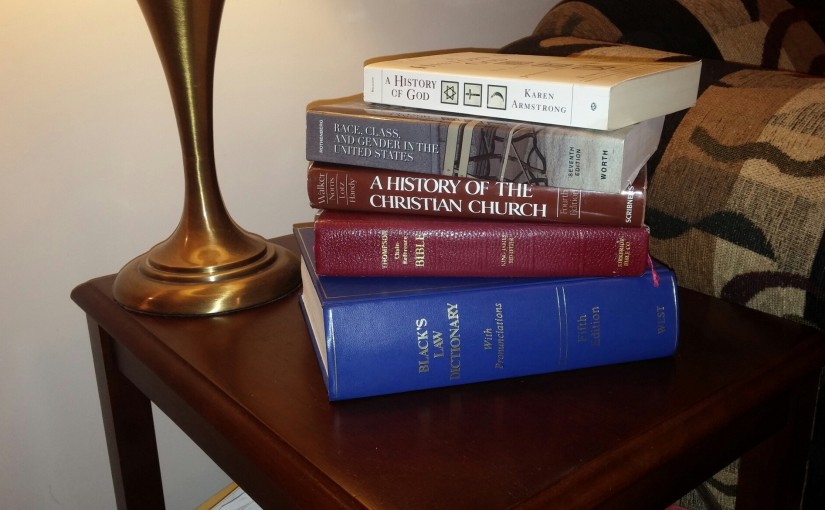 Bill O’Reilly of FOX NEWS recently called the Black Lives Matter movement a hate group and vowed to take it down. O’Reilly’s argument that Black Lives Matter is a hate group is based on a single incident. This incident was a Black Lives Matter justice march (some say protest march, I say justice march) that occurred in Minnesota. O’Reilly uses this single soundbite, a single moment in time from a march in Minnesota, to support his claim that Black Lives Matter was responsible for a police being killed in Texas, some 1200 miles away from the Minnesota.
Bill O’Reilly of FOX NEWS recently called the Black Lives Matter movement a hate group and vowed to take it down. O’Reilly’s argument that Black Lives Matter is a hate group is based on a single incident. This incident was a Black Lives Matter justice march (some say protest march, I say justice march) that occurred in Minnesota. O’Reilly uses this single soundbite, a single moment in time from a march in Minnesota, to support his claim that Black Lives Matter was responsible for a police being killed in Texas, some 1200 miles away from the Minnesota.
How can O’Reilly or anyone support a claim based on a single incident? I’m sure you have your own thoughts but here are a few of mine, all of which I’ll sum up in a word: IGNORANCE! Ignorance is defined as: lacking in knowledge or training; unlearned; lacking knowledge or information as to a particular subject or fact; uninformed; unaware. This most certainly describes O’Reilly’s level of knowledge when it comes to Black Lives Matter.
I am almost positive that O’Reilly does not know and has not taken the time to know the purpose and agenda of the Black Lives Matter movement. The agenda of Black Lives Matter is to have specific policies and procedures adopted and implemented by all law enforcement departments across the country. http://blacklivesmatter.com/ These policies include an end to policing for profit, limiting the use of force, the use of body cameras on all police officers, and appropriate training, such as in de-escalation, just to name a few.
No doubt, there are people who will use the phrase, Black Lives Matter, to validate illegal behavior, such as killing police officers. There are even well-meaning people who may misappropriate the movement’s objectives. But let’s be clear! Illegal and bad behavior under the banner of Black Lives Matter is a misappropriation of the goal of Black Lives Matter. And anyone who misappropriates the phrase to justify hurt and harm to other people is operating from the same place of ignorance as O’Reilly. Bottom line: O’Reilly displays a significant level of ignorance with regard to the purpose and agenda of Black Lives Matter. But the ignorance does not stop there.
First of all, Black Lives Matter is not a group. It is a philosophical movement made up of people of all races all over the United States, with the sole purpose of promoting, preserving and protecting Black lives from unjustified police brutality. O’Reilly is wrong to refer to Black Lives Matter as a group because a group, it is not!
Second, the United States Congress has not enacted legislation that defines the term hate group because, from a legislative standpoint, the focus is not on the group. The focus is on group activities. This is why Congress has defined the term hate crime, not hate group.
Third, a hate crime, also known as a bias crime, is defined as “a criminal offense committed against a person, property, or society that is motivated, in whole or in part, by the offender’s bias against a race, religion, disability, sexual orientation, ethnicity or national origin.” “Police officers” are not a group based on “race, religion, disability, sexual orientation, ethnic or national origin.” Therefore, police officers are not covered under the federal hate/bias crimes laws.
Fourth: The FBI, (Federal Bureau of Investigations), is charged with investigating federal crimes. However, even the FBI has acknowledged that, “Hate itself is not a crime—and the FBI is mindful of protecting freedom of speech (which is covered under the U.S. Constitution’s First Amendment) and other civil liberties.” https://www.fbi.gov/about-us/investigate/civilrights/hate_crimes/overview The phrase that was chanted by the justice marchers in Minnesota, “pig’s in a blanket, fry’em like bacon”, could be considered juvenile, in poor taste, not in line with the true spirit of Black Lives Matter and yes, even hateful! However, more than likely, the marchers’ right to say these words would be protected under the First Amendment’s Free Speech clause.
Finally, I’ll end with what the sacred text (in this instance, the Bible) has to say about hate. Depending on which version of the Bible you use, the word hate appears anywhere from 80 to 93 times. But rather than going into a lengthy discourse on the many Hebrew and Greek words used to describe hate and the various verses that use it, I’ll just focus on one verse. Romans 12:9 says: “Love must be sincere. Hate what is evil. Cling to what is good.” Based on Romans 12:9, it sounds to me that we have been authorized to hate evil things.
The Black Lives Matter movement believes that unfair and unnecessary police force, brutality and killings are evil. So from this perspective, the movement hates evil practices. But make no mistake about it, Black Lives Matter is not a group that hates other groups simply because of who they are. The movement hates the evil that people do. The movement is not trying to get rid of police officers. That would be throwing the baby out with the bath water. And that would create a totally new problem. Black Lives Matter is about solutions, not problems.
Have you ever heard the saying: “Love the sinner and hate the sin”? Now who among Christian folk, such as yourself, Bill O’Reilly or just good decent folk, in general, would dare to say “I don’t hate sin?” Not too many and hopefully not any. So perhaps you’re right, Bill. Black Lives Matter does hate something. It’s just not what you say!
* * * * *
Sources:
New International Version Bible
Leading picture image: property of the author
All other picture images: taken from public domain
* * * * *
No written portion of this or any article on this site may be shared without giving credit to the author.
Copyright © 2015 by Kanisha L. Adkins.
Share This:
